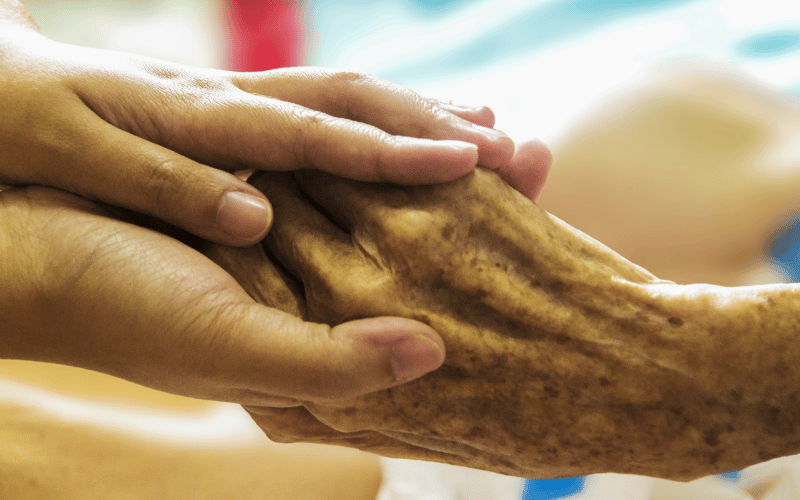Fact 8: Age Plays a Role

Mononucleosis doesn’t discriminate, but age influences how the body responds to it. Young kids, when exposed to EBV, might just have a fever or even no discernible symptoms at all. It’s like a mild cold, nothing more. Contrast that with teenagers and young adults, and the picture changes drastically.
The teen years, fraught with hormonal changes and growth spurts, seem to be the prime time for a full-throttle mono experience. Symptoms are not just present; they’re amplified. The fatigue is more crushing, the fever higher, and the overall malaise more pronounced. The exact reasons for this age-specific intensity remain a subject of research.
For adults, the manifestation of mononucleosis can be a mixed bag. While some might go through the intense symptoms similar to teenagers, others might have a more subdued experience. But one thing remains constant: the older one gets, the longer the recovery tends to be. The resilience of youth plays a pivotal role in bouncing back from illnesses like mono.
Given the variability of symptoms with age, diagnosing mononucleosis can sometimes be a challenge. What a doctor might dismiss as a simple cold in a child could very well be mono. Conversely, in adults, where the disease is less common, it might be mistaken for another ailment altogether. This variance underscores the importance of thorough medical evaluations and sometimes, second opinions. (8)